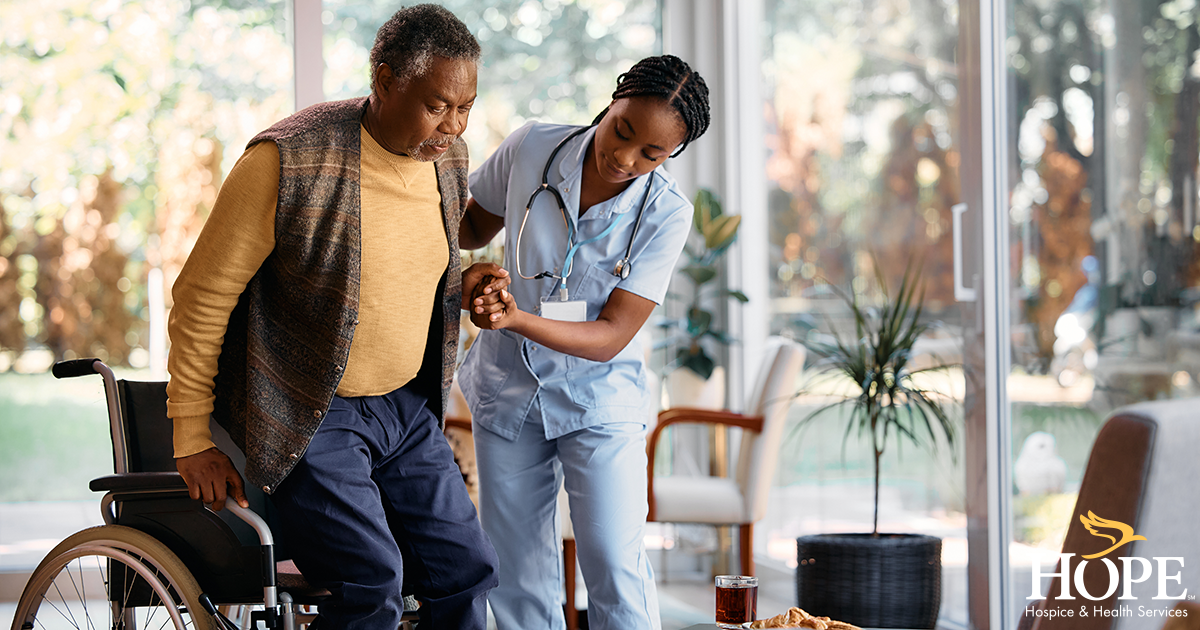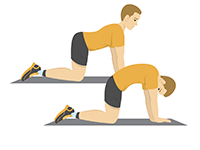
Being a caregiver for a frail or bedridden patient requires assisting the person with ambulation, positioning, and transfers. If not performed with great care, these tasks can cause you serious back and neck injuries, and potentially injure the person receiving assistance as well. Muscle strains are common in nursing and caregiving professions, but they can be avoided by taking safety precautions.
Before taking action, review the patient’s plan of care and consider the task at hand. Think about what you are capable of, what assistance you might need, and to what degree the one in your care can assist you. Never attempt to move or lift a person or object heavier than you can reasonably handle.
The proper use of our bodies is called body mechanics. It involves standing and moving in ways that prevent injury, avoid fatigue, and make the best use of strength. When you learn how to move, control, and balance your own body, it’s easier to help move another person.
K eeping yourself in good physical and emotional/mental health is essential and helps you provide the best care to patients.
A good back routine will take time to take effect. Stick with it—even after your back feels stronger.
Hug Your Knees: Lie on your back with knees bent and soles on the floor. Use your arms to hug one knee at a time to your chest. Repeat 10x each knee.

Flatten Your Back: Lie on your back with knees bent. Take deep breaths as you tighten your abdominal muscles and press the small of your back into the floor. Hold to a count of 15 as you breathe deeply. Repeat 3x.

Chest Lift: Lie on your stomach in a relaxed position. Put your hands palms down at chest level and raise your head and chest from the floor. Breathe and hold this position for a count of 25. Repeat 3x.

Cat–Cow: Borrowed from yoga, this floor pose on all fours alternates between flexion and extension of spine. On the inhale, soften the belly while slowly pushing the sternum and ribs forward; the neck remains in line with the upward direction of the upper spine. On the exhale, lower the head and neck while the spine rounds. Repeat 10x.

You might also like:
Importance of Self-Care for Caregivers
Assessing Agitation and Aggression
Communication and Caregiving